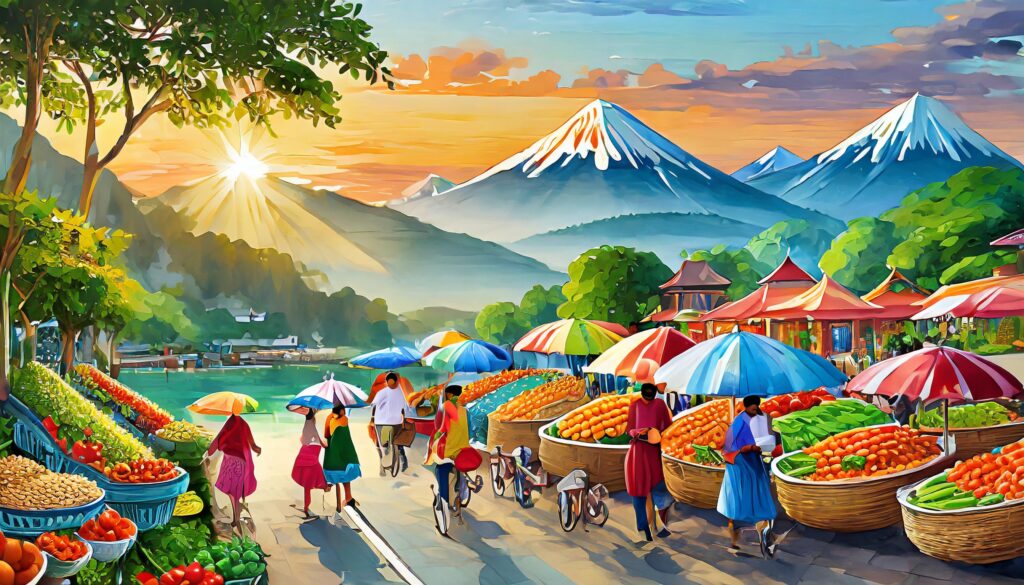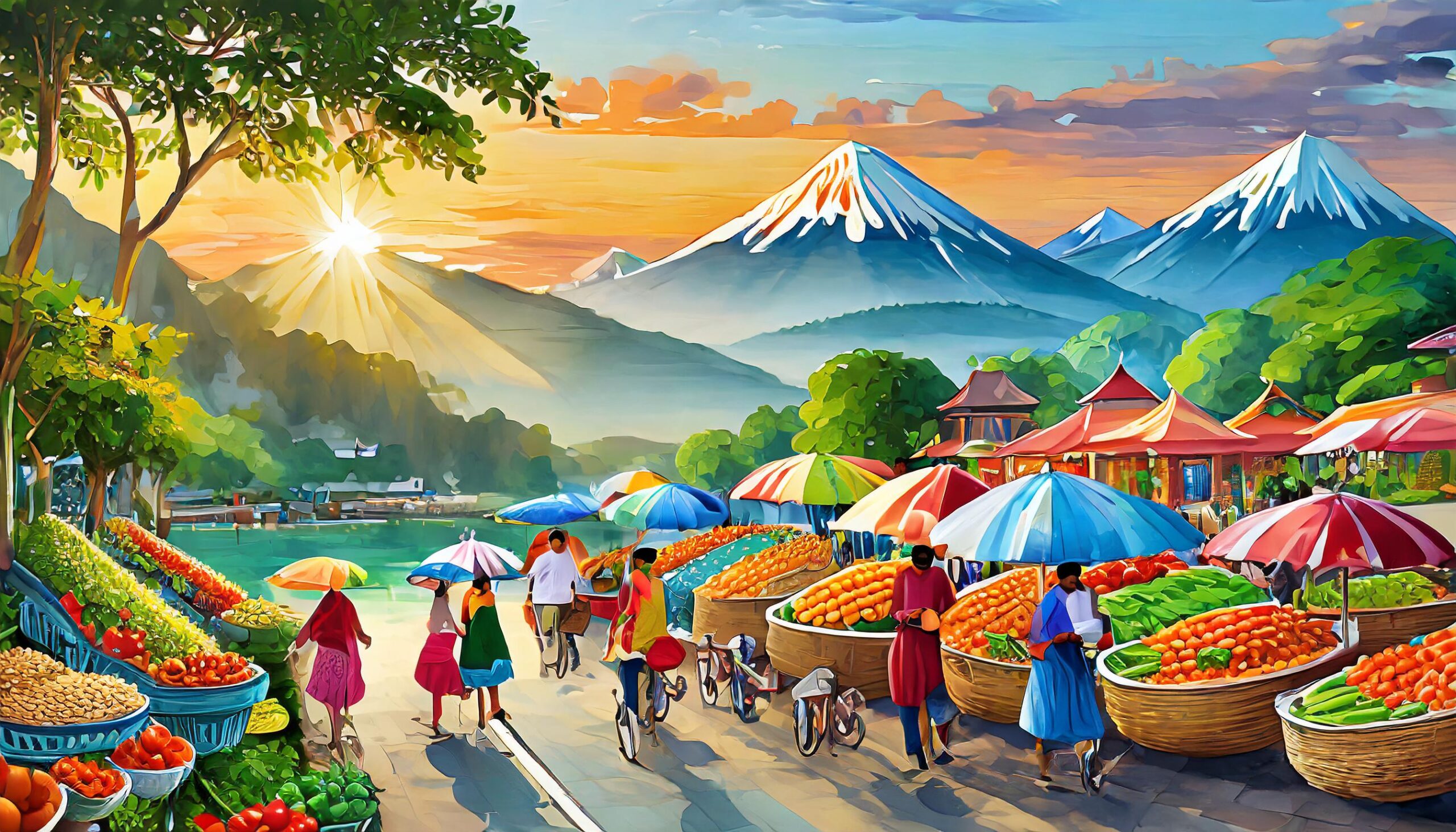Events
Global Foodscapes: Transnational Pathways of Food and Migration In and Out of Asia
| Date | : | 10 Mar 2025 - 11 Mar 2025 |
| Venue | : | Hybrid (Online via Zoom & AS8 04-04) |
| Contact Person | : | TAY, Minghua |
| Programme | ||
This workshop is jointly organized by the Asia Research Institute, National University of Singapore, and the University of North Carolina at Chapel Hill.
This workshop explores the intricate discourses, linkages, and practices of global foodscapes by critically examining the multifaceted intersections between migration and food. Focused on three interconnected themes—food security, climate/environmental impact on food and migration, and the personal, social, and cultural significance of food for migrants—the workshop adopts a multidisciplinary lens, encompassing anthropology, geography, history, film, literature, and sociology. This workshop seeks to understand global and glocal foodscapes from the standpoint of Asia, particularly in post-pandemic Asia which experiences all levels of food insecurity ranging from alarming, serious, and moderate, to low. It seeks to explore to the diverse ways in which migrants are embedded within food production, distribution, and consumption networks as they accomplish food security away from home. Anthropogenic climate change and out-migration due to environment-induced food security are critically explored too as new forms of precarity and food insecurity for migrants at destination occur. While some migrants and diasporics labour to accomplish food security for themselves and their families, another demographic of immigrants, diasporics and transnationals perform class, culture, identity, and community through foodwork. Covering a wide range of themes interconnected with migration and food (from hidden hunger to more celebratory culinary practices), this workshop offers direction to explore glocal Asian foodscapes in/under migration as the optic for deliberations for better understandings of migrant food security, multidirectional flows in food production-supply-consumption chains, and multicultural foodways within, across, and through Asia.
In conceptual terms, key questions that this Asia-centric workshop seeks to raise include:
- How is food security conceptualized and operationalized by migrants from and within Asia? (e.g. What are some of the diverse ways in which migrants embedded within food production, distribution, and consumption networks, accomplish food security away from home?)
- How is anthropogenic climate change impacting Asian food systems and migration?
- What are some of the personal, social, and cultural significances of food for Asian migrants? (e.g. How are Asian migrant foodways in flux?)
- While agricultural and ecological crisis, natural disasters, and environment-induced food insecurity might be driving out-migration, what new forms of precarity and food insecurity for migrants at destination occur?
- How do migrants labour to accomplish food security for themselves and their families?
- How do diasporics and transnationals perform class, culture, identity, and community through culinary practices and foodwork? (e.g. this may include reviving ancestral foods)
- In a post-pandemic Asia which experiences a range of levels of food insecurity, what do Asian standpoints offer in understanding the impacts of migration on food cultures, security, production, and consumption?
WORKSHOP CONVENORS
Prof Brenda S.A. YEOH
Asia Research Institute & Department of Geography, National University of Singapore
Assoc Prof Ji-Yeon O. JO
Department of Asian and Middle Eastern Studies, The University of North Carolina at Chapel Hill
Dr Bittiandra Chand SOMAIAH
Yale-NUS College, and NUS College, National University of Singapore
Dr Theodora LAM
Asia Research Institute, National University of Singapore
Dr Kathleen BURKE
Asia Research Institute, National University of Singapore
Ms Kristel ACEDERA
Asia Research Institute, National University of Singapore
Assoc Prof Christian LENTZ
Department of Geography and Environment, The University of North Carolina at Chapel Hill
Prof Conghe SONG
Department of Geography and Environment, The University of North Carolina at Chapel Hill
REGISTRATION
Registration is closed, and instructions on how to participate in this workshop has been sent out to registered attendees. Please write to aritm@nus.edu.sg if you would like to attend the event.



